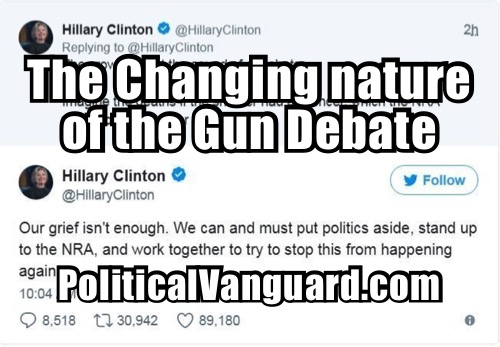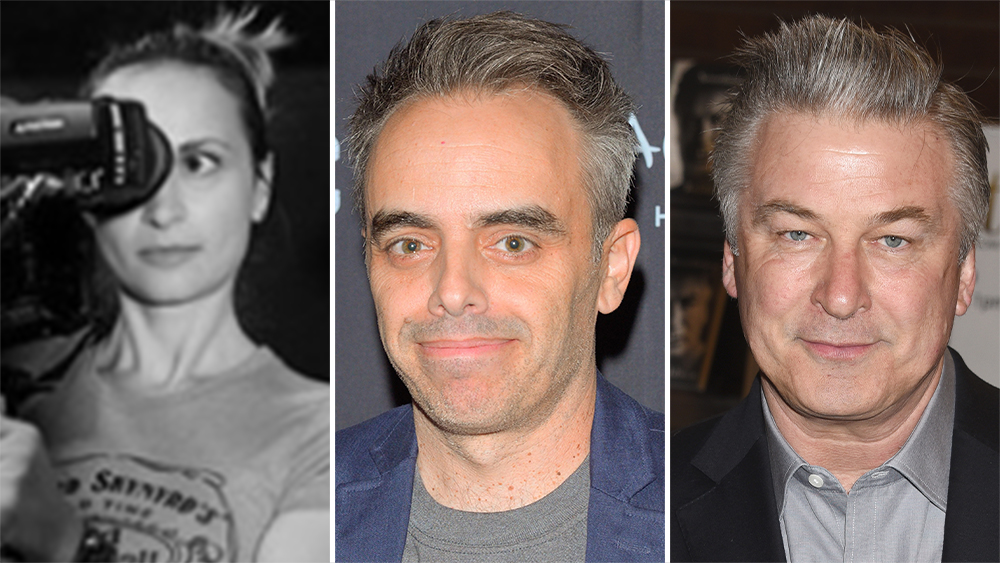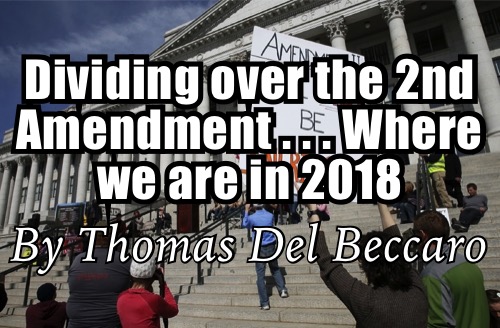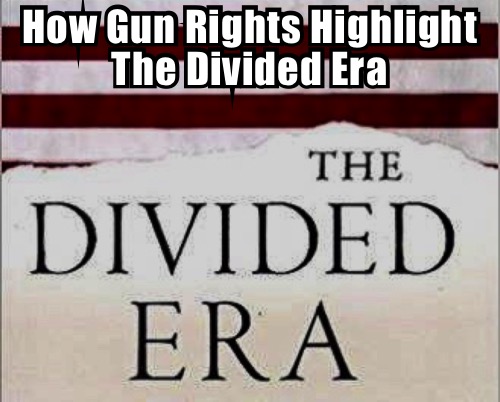The Hill: “Mass shooting rekindles gun debate” & The Changing Tactics of The Anti-Second Amendment Crowd
The headline from the The Hill newspaper/website may well be the understatement of the year “Mass Shootings Rekindles Gun Debate.” It is also a headline that has been oft repeated with each such tragedy – and there has been more than one such tragedy.
As the debate ignited, two questions could well be asked:
Do the participants know what happened? Does it matter to them to know the facts?
The answer to the first question is a resounding NO.
Long before anyone could possibly say with any certainty what occurred, the likes of Hillary Clinton raced ahead blaming the NRA. Jimmy Kimmel, our new national social sciences expert, said the gun lobby runs America – if only he knew what lobbies spend the most in America and how little the NRA spends by comparison.
As for the answer to the second question, given the swift nature of the response, the answer is another resounding NO.
That, of course, is politics in The Divided Era – being first is more important than being right.
As for the merits of the debate, keep this in mind. The drive to circumscribe 2nd Amendment rights has taken a turn of late. It is clear those in favor of eliminating the 2nd Amendment know their head on attacks in the Courts or the Legislature are of limited success. So they have added a new emphasis.
Of late, their focus has been on mental illness. Using that focus, they have sought to introduce and then broaden a large category of people who should be ineligible to own guns.
Leaving aside any Constitutional arguments, at first blush, it appears to be quite the reasonable position to many to say that those with a mental illness should not be able to have guns. The facts, however, don’t appear to bare out the connection the proponents are wanting to make. You see, it turns out, that the correlation between diagnosable mental illness and mass shootings is slim.
Consider this statement contained in a study published by the National Institute of Health: “The link between gun violence and mental illness is complex, with a seemingly mixed message for policy: If gun violence is thought of mainly in terms of homicide, mental illness is a red herring and should not be the primary focus of gun violence prevention efforts. But if gun violence is thought of more broadly as a public health problem that includes suicide, then people with serious mental illnesses—and the actions of the behavioral health systems in which many are served—become quite relevant in designing and targeting strategies to reduce injury and mortality involving firearms.”
A little bit of research demonstrates that is a widely held view. So, absent that correlation, it is fair to ask what is the ultimate goal of those in favor of that policy emphasis.
All of which returns us to the original questions of whether we truly know what is going on or are we rushing for political reasons to make statements?
Read The Hill Story: Mass Shooting Rekindles Gun Debate
More: Swanson- The ban on mentally ill people buying guns wasn’t ever based on evidence
Of course, none of this addresses the fact that Chicago has the most strict gun laws in America yet over 2,882 people have been shot there this year. Does not that speak to a question that reaches far beyond access to guns and mental health?







